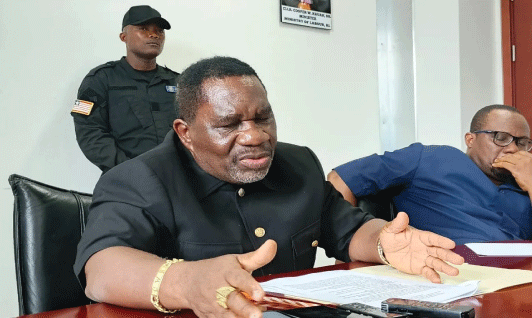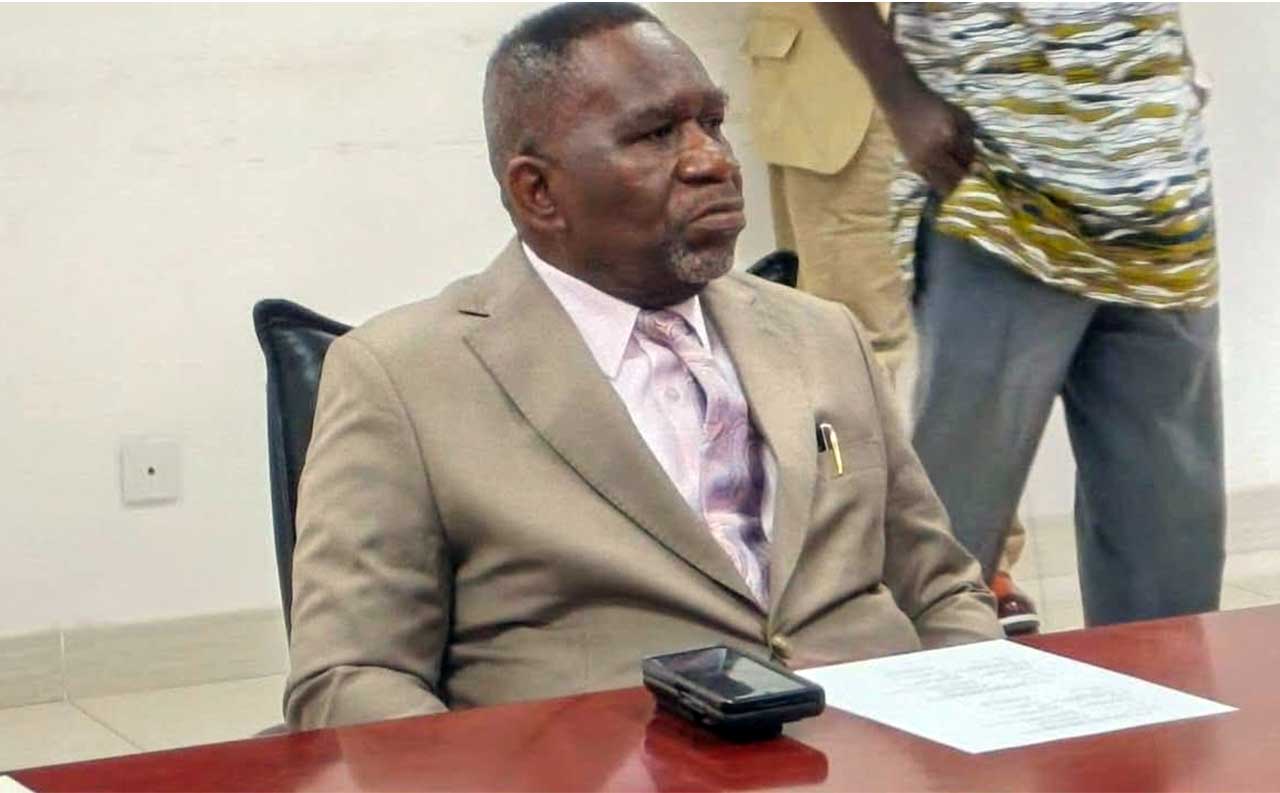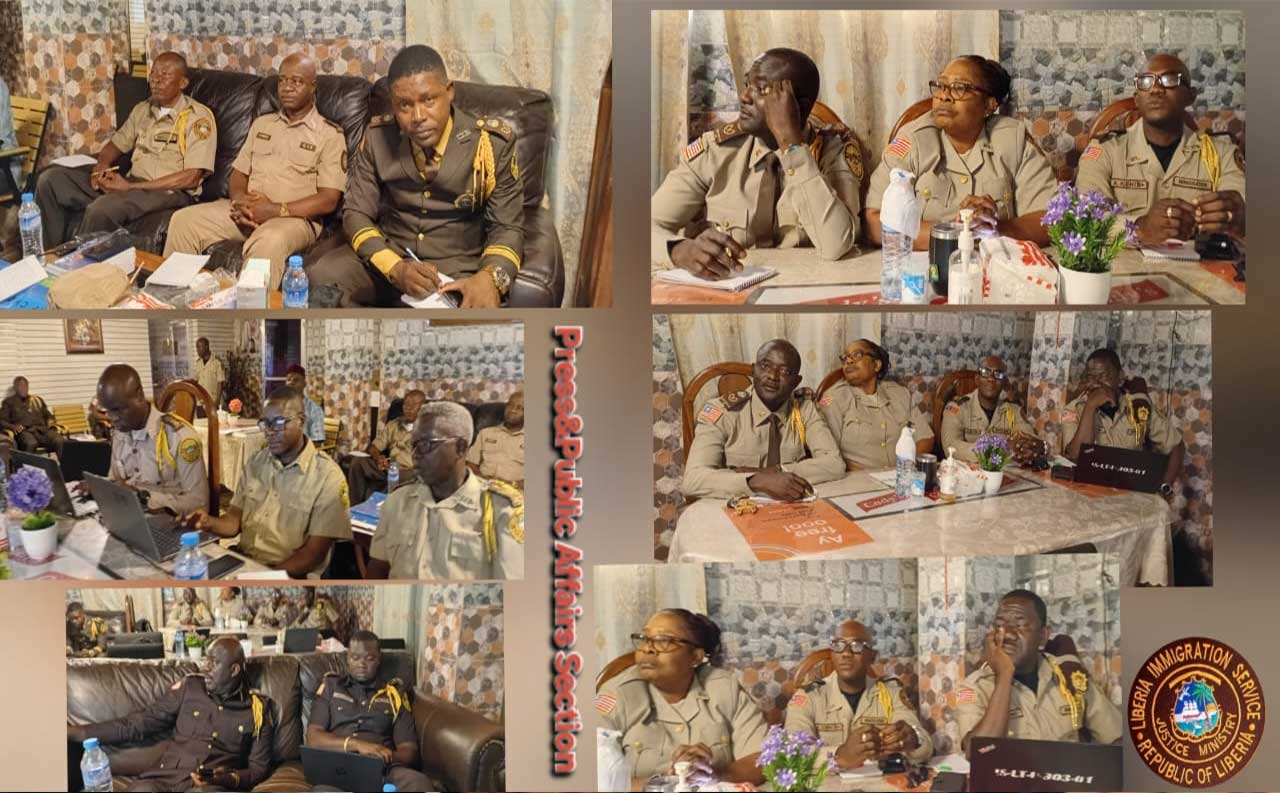Labour Minister, Cllr. Cooper W. Kruah, Sr., has reemphasized the Government of Liberia’s commitment to upholding the current two sets of laws governing workers nationwide until they are harmonized with the International Labour Organization (ILO) standard.
Minister Kruah emphasized that the two sets of laws are those crafted by previous regimes, which govern both public and private sector workers, dubbed: “The Civil Service Standing Order (CSSO) and the Decent Work Act (DWA)”.
A Labour Ministry press release issued August 19, 2025 quotes Minister Kruah as making these remarks at a meeting with heads of a group of health workers under the banner: “National Health Workers Union of Liberia (NAHWUL), held at his EJS Ministerial Complex office in Congo Town.
He reminded the group that until the Civil Service Standing Order and the Decent Work Act can be harmonized through a legal framework, the Labour Ministry will continue to operate within its scope of jurisdiction in dealing with private sector workers, including regulating their welfare and protecting their rights to freely unionize.
Similarly, Minister Kruah urged public sector workers to strictly adhere to the Civil Service Standing Order in exercising their respective rights. He informed the group that Liberia, under the present administration of President Joseph Boakai and as a founding member of the ILO, is fully aware of the need for the harmonization of the two separate laws governing workers, but such reform must be legislated and meet the general welfare of employees in the two sectors across the country.
Earlier, the President-General of the National Health Workers Union of Liberia (NAHWUL), Francis Kerkulah, informed Minister Kruah of the need to harmonize all laws governing Liberian workers, and revealed their plan to shortly present copy of their petition earlier submitted to former Labour Minister Charles Gibson in 2022, for reform through House and Senate Committees on Labour, as well as the Labour Ministry, calling on all workers to support this reform. This, he stressed, is in line with the relevant regulations of the ILO, which call for a uniform set of laws for both private and public sector workers by which trade unions in member countries are governed, except Liberia.



